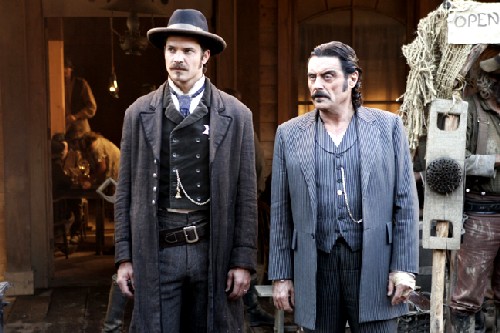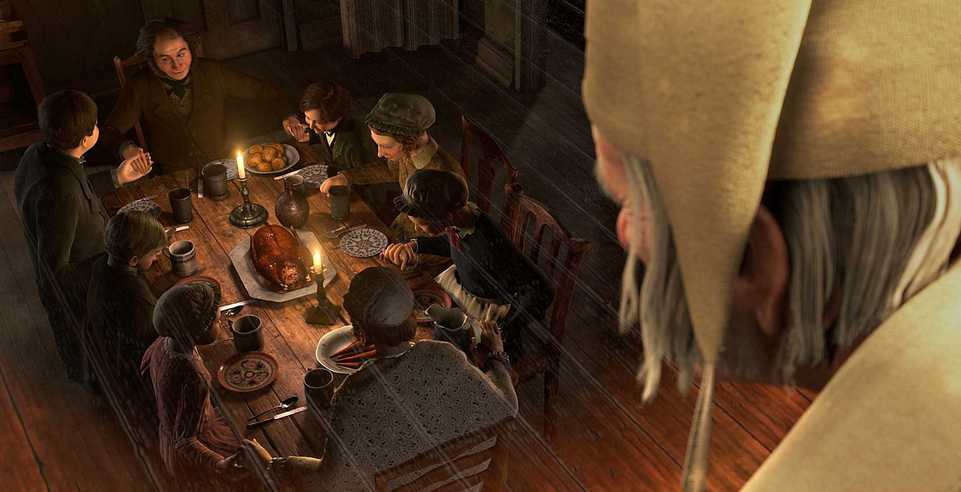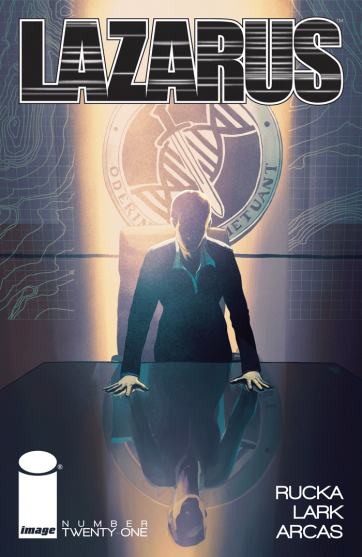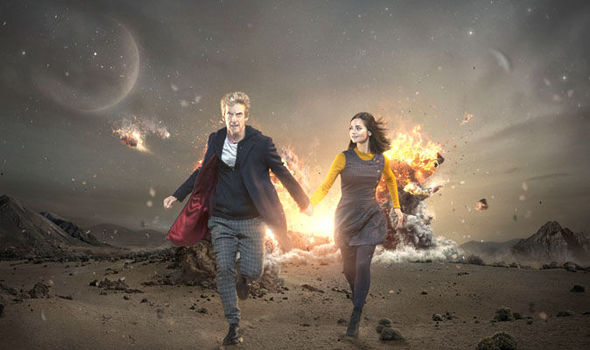“This is our world, the world of the Information age”: In the Hands of the Prophets
In his Network Society trilogy, sociologist and Neo-Marxist Manuel Castells argues (among a great deal other things) that the titular concept, referring to the sociocultural, political and socioeconomic restructuring of the world and its methods of production through globalization and information technology, will inevitably, and perhaps ironically, lead to an increase in fundamentalism and violence beget from it. The argument goes that, far from opening up their eyes to a literal new world of possibility, those inclined towards a reactionary fundamentalist movement will, when exposed to new ways of thinking through globalization, instead dig their heels in even further and violently lash out against a perceived threat to their way of life.
Writing in 1998, and again in 2010, Castells seems ahead of his time, and I’ve often thought he got a beat on the direction the geopolitical climate was going well before it became evident to all of us. Living as we do in an age where it seems the world is poised on the brink of war between various assorted fundamentalist terrorist organisations and equally reactionary state governments, Castells seems downright prescient. And, airing in 1993, so does “In the Hands of the Prophets”: For its season finale, Star Trek: Deep Space Nine seems to have suffered the same fate as so much other science fiction before it, unwittingly predicting the future’s worst case scenario through cautious rumination on humanity’s worst impulses.
Writer Robert Hewitt Wolfe insists that “In the Hands of the Prophets” isn’t so much a condemnation of fundamentalism as much as it is a criticism of people who feel the need to impose their beliefs on others. Wolfe believes that anyone has a right to believe anything, so long as they don’t force anyone else to hold to the same beliefs and that this is ultimately the angle he was going for. When I was younger, I found this to be a deeply profound truism, though in retrospect the sentiment seems a bit shallower than would perhaps be desirable…For one thing I find it difficult to see how you can have one critique without the other: Fundamentalism by definition demands that its adherents hold to it without question, and the very reason it’s reactionary is specifically because it’s convinced it’s the one universal truth that everyone needs to be converted to, by force if necessary. A fundamentalism that retreats back into its own insularity to avoid contact with other ways of thought is not the fundamentalism we see manifesting in the world as a result of globalization and the network society, and it’s not the fundamentalism of Vedek Winn and her orthodox Bajoran terrorists.
Where I do see in Wolfe’s interpretation of his work, and especially in Commander Sisko’s position all throughout the episode, is a statement of a kind of anarchist ideal: “My philosophy is that there is room on this station for every philosophy”. Or perhaps “A utopia is a framework for utopias”, if you prefer.…


 Well that was odd.
Well that was odd. In Warren Ellis’s 2013 novella Dead Pig Collector the protagonist, Mister Sun, describes his job in terms of the title phrase, explaining that in China (“a place rife with pollution and disease”) pig farmers often face large-scale deaths of pigs due to the aforementioned pollution and disease, which presents a major challenge. “A small farm – and, in places like Shanghai, they’re all small farms – cannot spend what little time they have disposing of tons of dead pigs instead of maintaining their remaining assets.” And since the penalties for selling such pigs into the market are steep, “there are people who have learned to effectively and safely dispose of swine carcasses. If you have a stack of dead pigs, and you don’t want to go to prison, then you pay for a dead pig collector.” As Mister Sun explains all of this, he is pouring bleach through a pair of holes cut into a plastic sheet laid over a bathtub in order to break down the blood within. Mr. Sun, see, is a hit man specializing in the efficient and untraceable disposal of the resulting corpse.
In Warren Ellis’s 2013 novella Dead Pig Collector the protagonist, Mister Sun, describes his job in terms of the title phrase, explaining that in China (“a place rife with pollution and disease”) pig farmers often face large-scale deaths of pigs due to the aforementioned pollution and disease, which presents a major challenge. “A small farm – and, in places like Shanghai, they’re all small farms – cannot spend what little time they have disposing of tons of dead pigs instead of maintaining their remaining assets.” And since the penalties for selling such pigs into the market are steep, “there are people who have learned to effectively and safely dispose of swine carcasses. If you have a stack of dead pigs, and you don’t want to go to prison, then you pay for a dead pig collector.” As Mister Sun explains all of this, he is pouring bleach through a pair of holes cut into a plastic sheet laid over a bathtub in order to break down the blood within. Mr. Sun, see, is a hit man specializing in the efficient and untraceable disposal of the resulting corpse. 
 The comedian Richard Herring has a Christmas story he tells about a thirsty cat in a bathroom. He was sitting on the toilet and reached across to turn the bath tap on for the cat, which then lapped enthusiastically at the water. He says he found the sight hilarious, but imagines that the cat also had quite an amusing view… though, as he goes on to observe, Jesus had the funniest view, getting the combined sights of the drinking cat and the “fat, defecating man”. Because, as Christianity teaches us, Jesus is always watching.
The comedian Richard Herring has a Christmas story he tells about a thirsty cat in a bathroom. He was sitting on the toilet and reached across to turn the bath tap on for the cat, which then lapped enthusiastically at the water. He says he found the sight hilarious, but imagines that the cat also had quite an amusing view… though, as he goes on to observe, Jesus had the funniest view, getting the combined sights of the drinking cat and the “fat, defecating man”. Because, as Christianity teaches us, Jesus is always watching. A surprising Marvel-free week.
A surprising Marvel-free week.
 Right. Loads of stuff. First off, just a heads up, I’m bumping Last War in Albion one more week because I decided I don’t want to launch a new chapter on a holiday and then drop a Sherlock review on top of it later in the day. There’ll still be Friday morning content though.
Right. Loads of stuff. First off, just a heads up, I’m bumping Last War in Albion one more week because I decided I don’t want to launch a new chapter on a holiday and then drop a Sherlock review on top of it later in the day. There’ll still be Friday morning content though. We’ll start with the stories ranking, with letter grades assigned, and then finish with some general thoughts on the season.
We’ll start with the stories ranking, with letter grades assigned, and then finish with some general thoughts on the season.